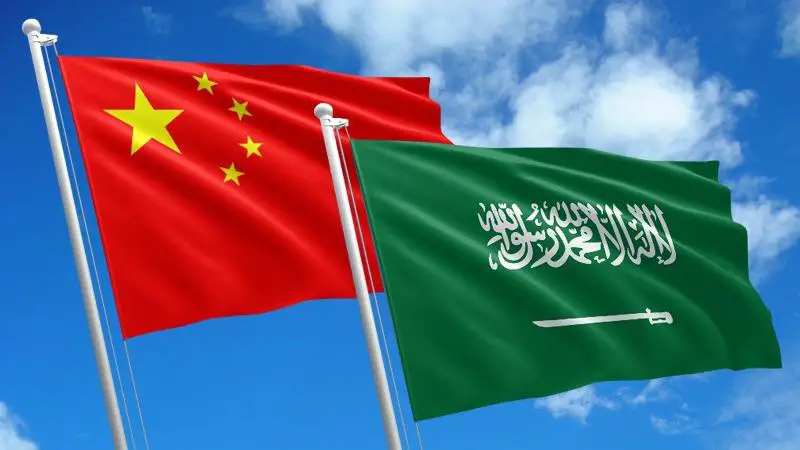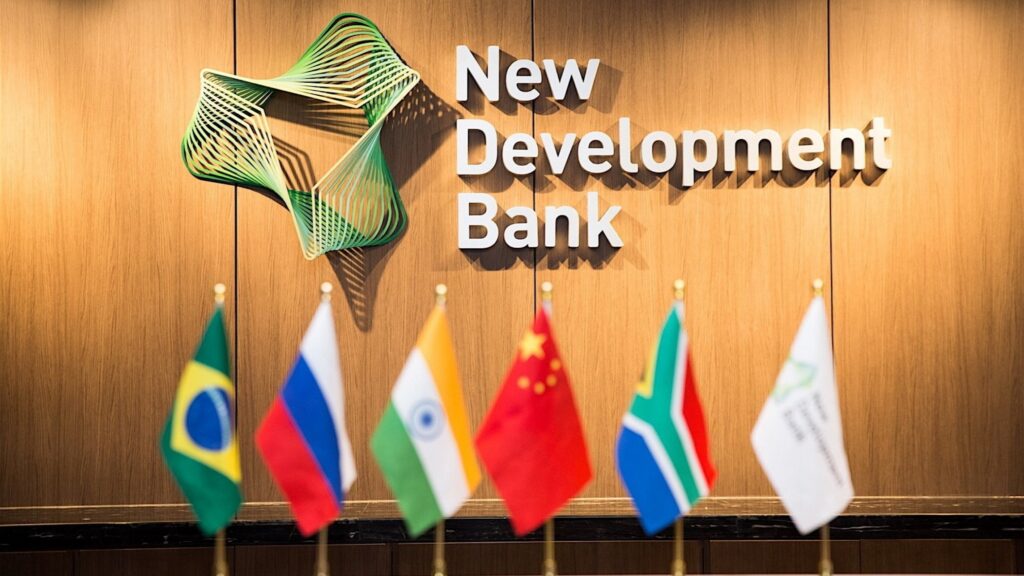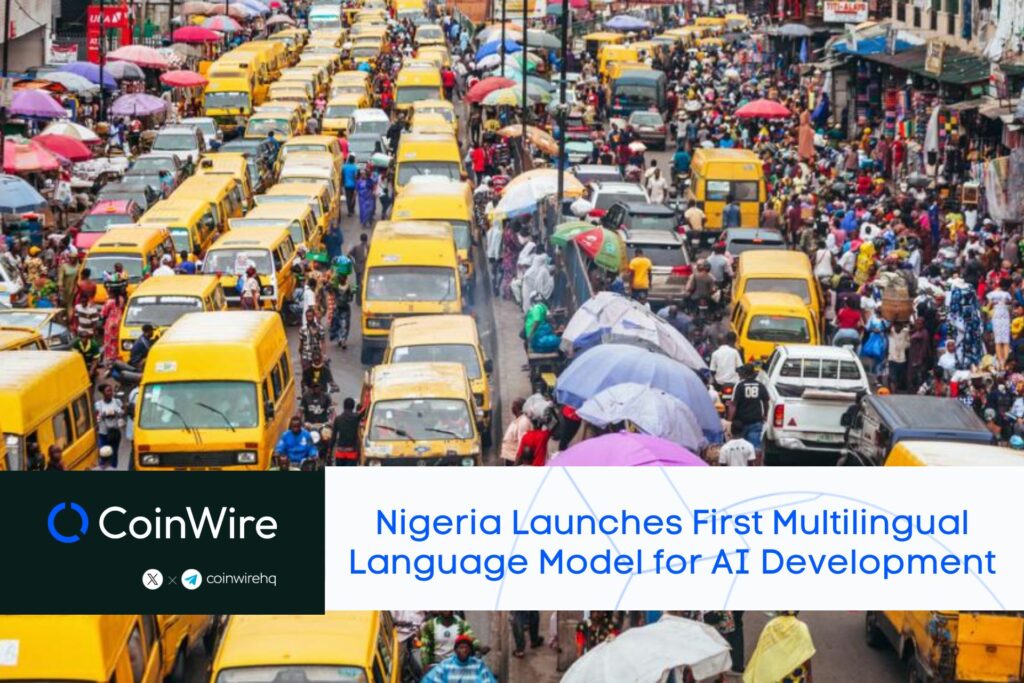Saudi Arabia is currently in talks to become a member of the China-based BRICS bank, also known as the New Development Bank (NDB). This development is poised to strengthen ties between the Middle Eastern nation and the BRICS group, which consists of Brazil, Russia, India, China, and South Africa.
Saudi Arabia’s Interest in Joining BRICS Bank

Saudi Arabia, the world’s largest oil exporter, has shown interest in joining the BRICS bank as part of its efforts to diversify its economy and reduce its reliance on oil revenues. The country has been investing heavily in various sectors, such as infrastructure, renewable energy, and technology, to achieve its ambitious Vision 2030 plan, which aims to transform its economy and society.
Benefits for Saudi Arabia
By joining the BRICS bank, Saudi Arabia stands to benefit in several ways. Firstly, it will gain access to a new source of funding for its development projects, which will help it meet the goals set out in its Vision 2030 plan. Secondly, it will be able to tap into the expertise and resources of the other member countries, which could help it identify new investment opportunities and improve its project implementation capacity.
Strengthening Ties with BRICS Countries
Saudi Arabia’s potential membership in the BRICS bank will also help strengthen its ties with the five founding members. This could lead to increased trade and investment between Saudi Arabia and the BRICS countries, as well as greater cooperation on regional and global issues.
Implications for the Global Economy

The possible inclusion of Saudi Arabia in the BRICS bank has significant implications for the global economy. As one of the world’s top oil exporters and a major player in the global financial markets, Saudi Arabia’s membership in the NDB could enhance the bank’s credibility and influence on the world stage.
The Shift in Global Economic Power
Saudi Arabia’s potential membership in the BRICS bank is indicative of a broader shift in global economic power from the traditional Western-dominated institutions, like the World Bank and the International Monetary Fund (IMF), to emerging economies. This shift could lead to a more balanced and inclusive global economic governance system, as well as greater cooperation among developing countries.
Increased Investment in Infrastructure and Sustainable Development
With Saudi Arabia’s involvement in the BRICS bank, there is likely to be an increase in investment in infrastructure and sustainable development projects in the Middle East and North Africa (MENA) region. This could help spur economic growth, create jobs, and improve the overall quality of life in the region.






